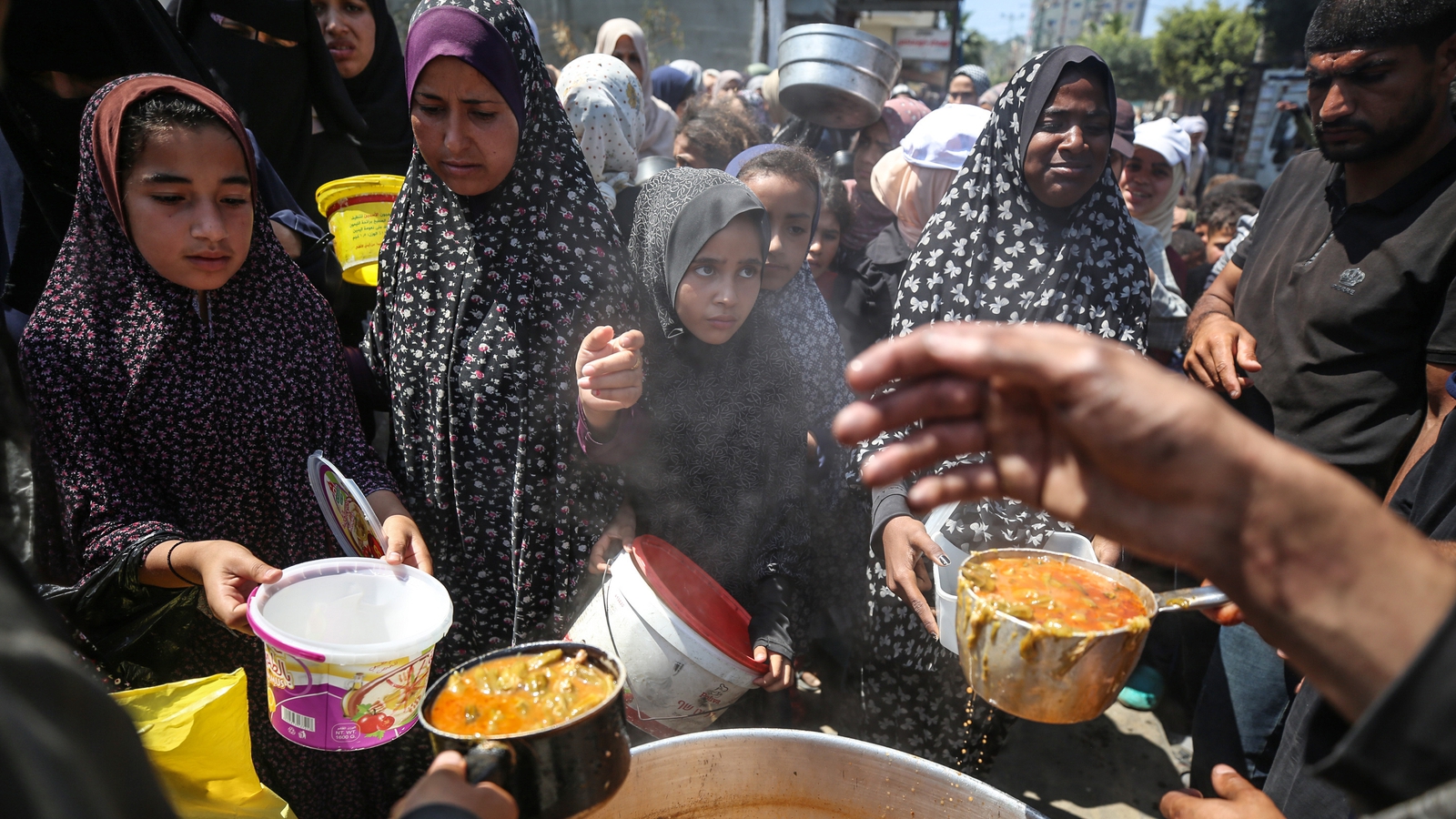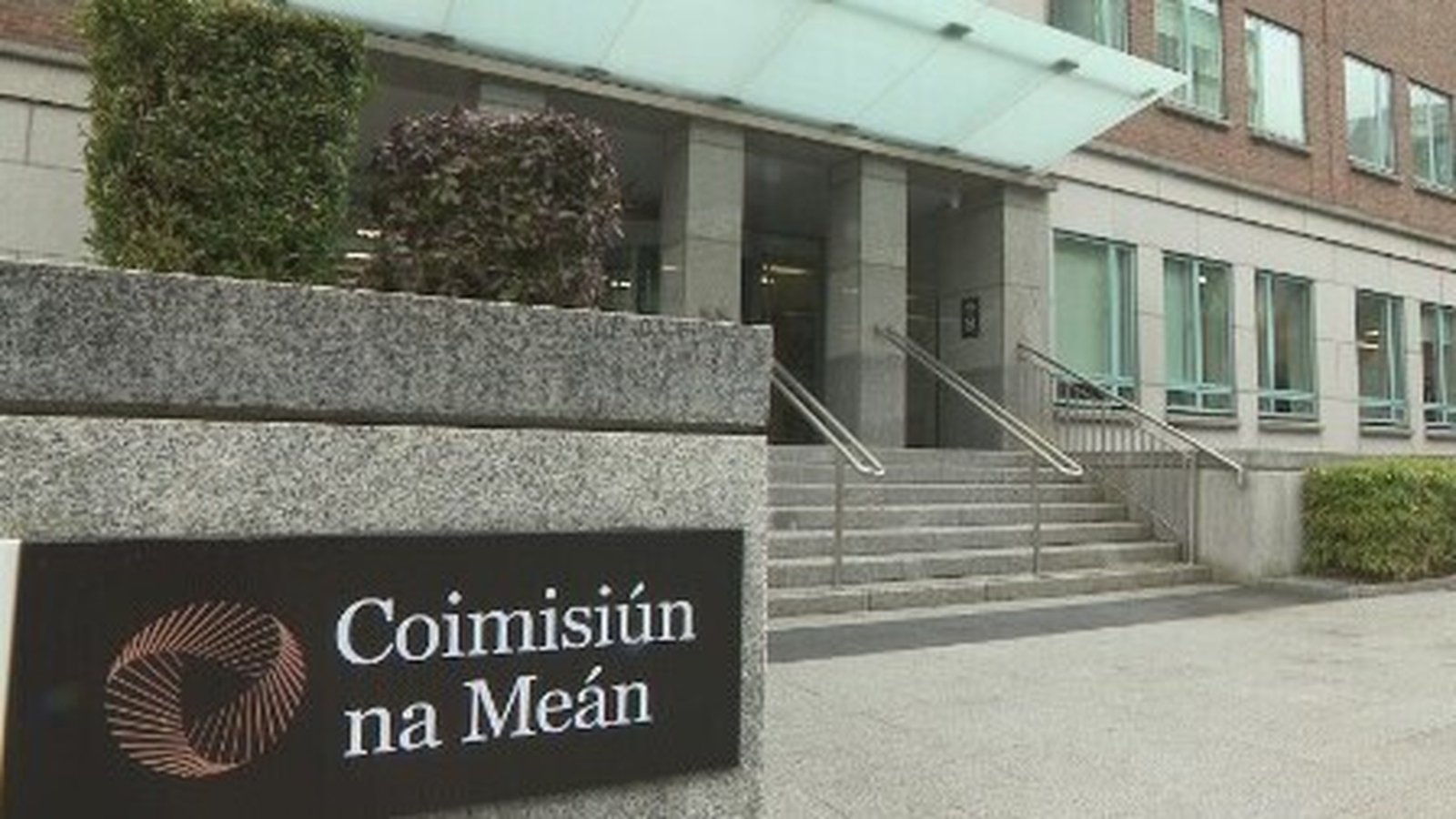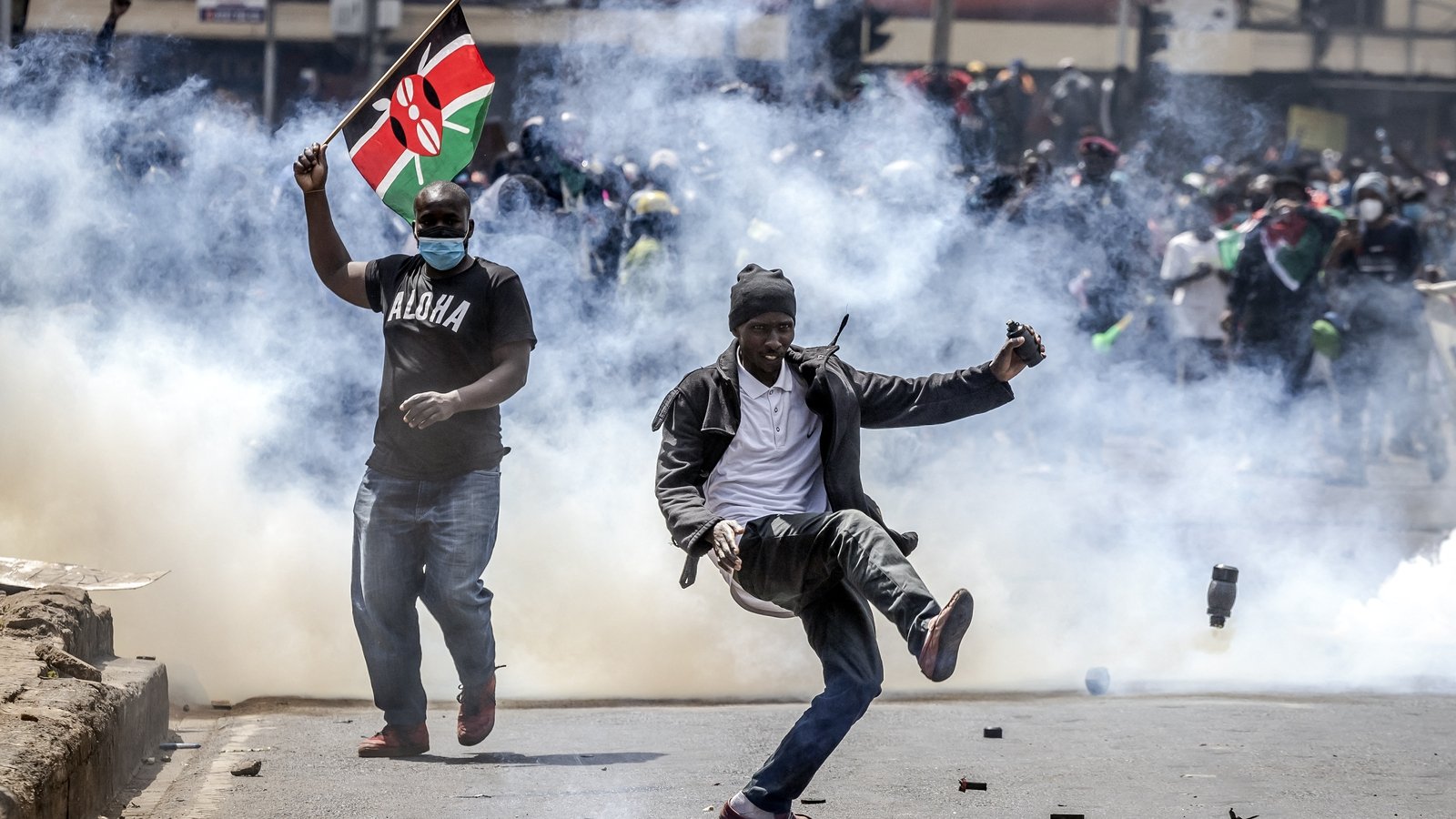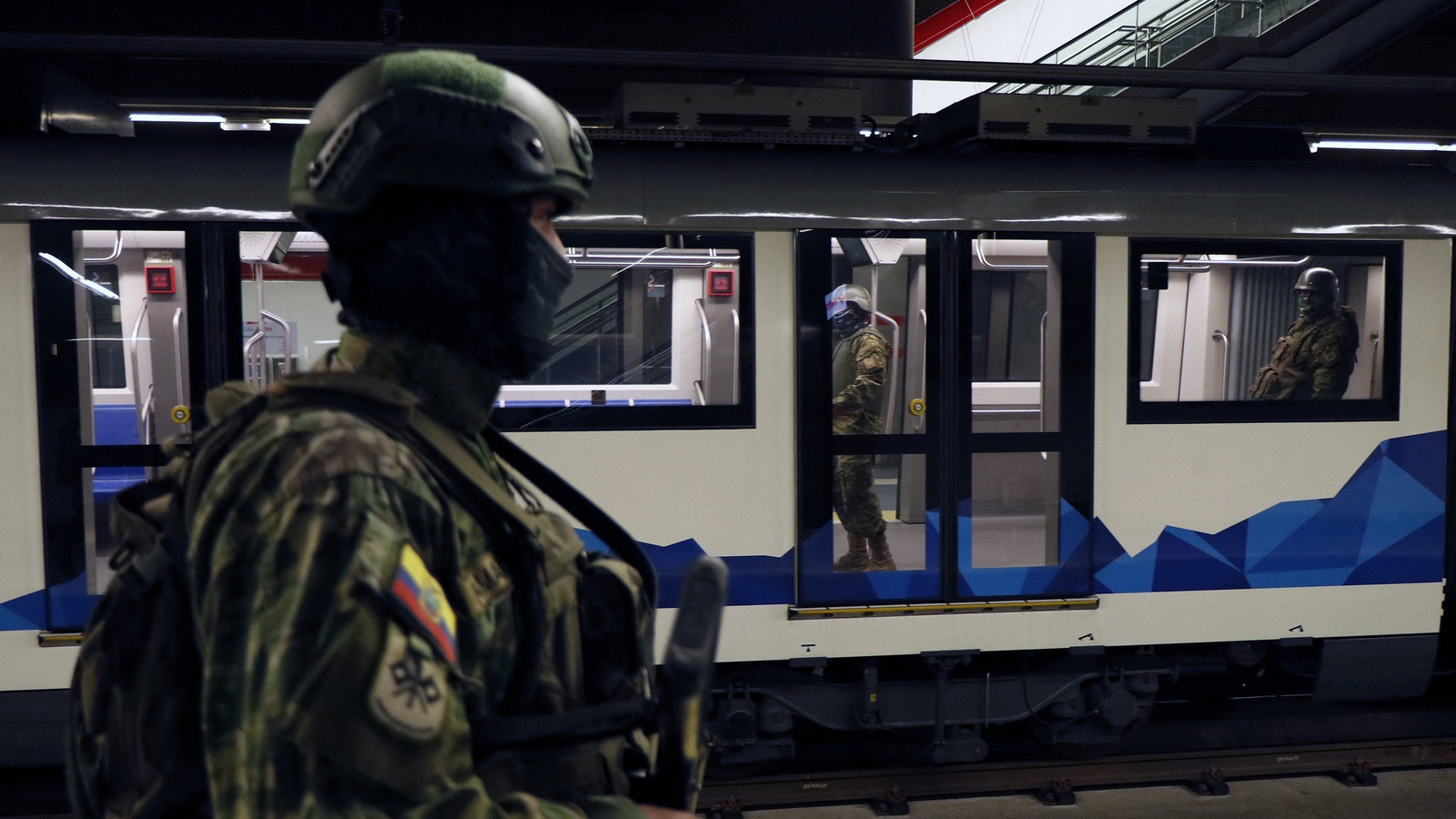Israel-Hezbollah hostilities fan fears of wider Gaza war
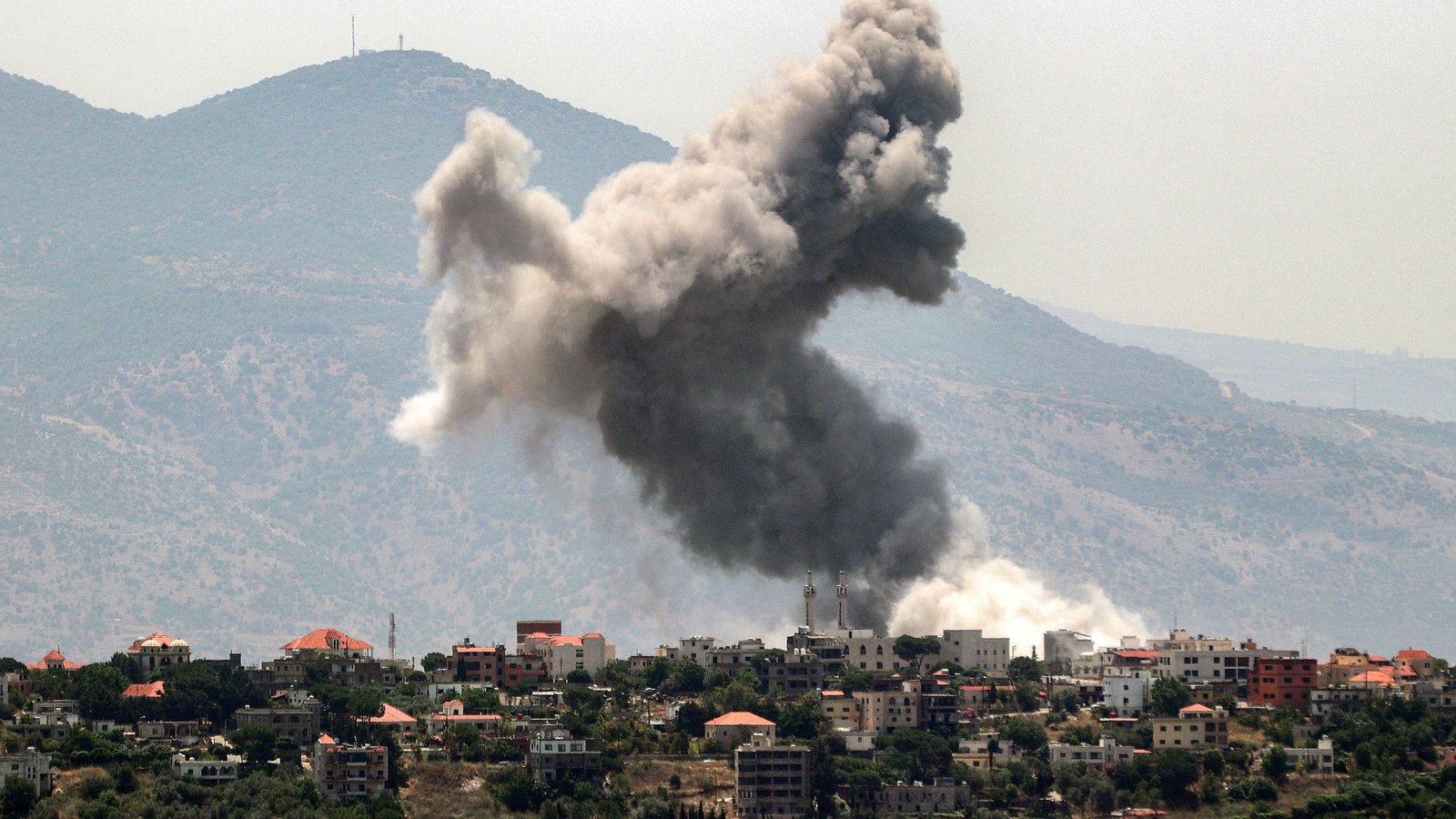
Israel and Hezbollah have traded fresh cross-border fire, as fears of a regional conflict grew after Israel revealed it had approved plans for a Lebanon offensive and the Iran-backed militants vowed to blanket Israel in rockets.
Hezbollah said it fired dozens of rockets into northern Israel yesterday in retaliation for a deadly air strike in south Lebanon that Israel said killed one of the group’s operatives.
Hezbollah also claimed several other attacks on Israeli troops and positions over the course of the day.
The Israeli military said its jets had struck two weapons storage facilities and several other sites belonging to the group, and that it had fired artillery “to remove threats in multiple areas in southern Lebanon”.
Just before midnight, the army said it had “successfully intercepted a suspicious aerial target that crossed from Lebanon”.
And early this morning, Lebanese media reported fresh Israeli strikes in the country’s south.
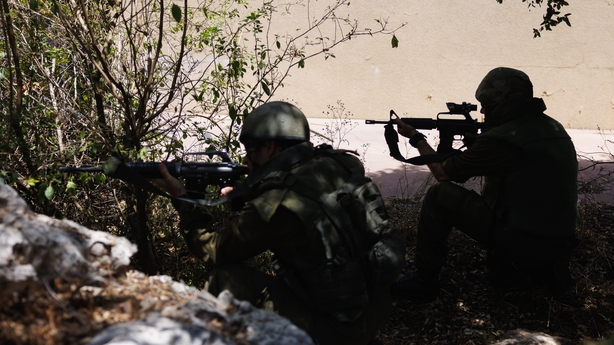
Experts are divided on the prospect of a wider war, almost nine months into Israel’s campaign to eradicate Hezbollah’s ally Hamas, the Palestinian militant group in Gaza.
Hezbollah and Israeli forces have exchanged near-daily fire since Hamas’s 7 October attack on southern Israel triggered the Gaza war.
Israel’s main military backer the United States has sought to discourage any expansion of hostilities along the border.
In a meeting with visiting Israeli officials in Washington, Secretary of State Antony Blinken underscored “the importance of avoiding further escalation in Lebanon and reaching a diplomatic resolution that allows Israeli and Lebanese families to return to their homes”, according to a statement.
In a televised address on Wednesday, Hezbollah chief Hassan Nasrallah had warned “no place” in Israel would “be spared our rockets” if a wider war began.
He also threatened nearby Cyprus if it opened its airports or bases to Israel “to target Lebanon”.
European Union member Cyprus houses two British bases, including an airbase, but they are in sovereign British territory and not controlled by the Cypriot government.
Cyprus government spokesman Konstantinos Letymbiotis dismissed as “totally groundless” any suggestion of possible involvement in a conflict related to Lebanon.
Warplanes from the British airbase in Cyprus have, along with US forces, attacked Yemen’s Iran-backed Houthi rebels who have for months been targeting Red Sea shipping.
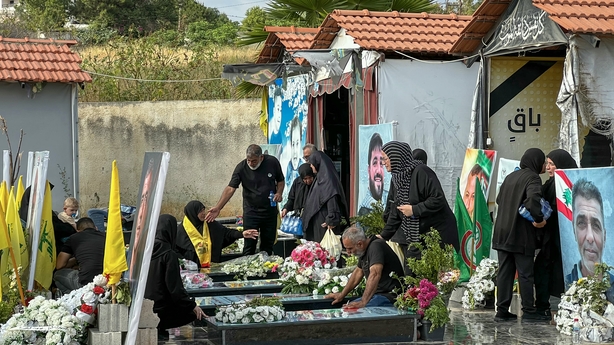
The US military said yesterday it had destroyed several Houthi drones, a day after its forces struck two rebel sites in Yemen.
The Houthis and Hezbollah both say they are acting in response to Israel’s actions in Gaza.
On Tuesday, Israel’s military announced that “operational plans for an offensive in Lebanon were approved and validated”.
The same day, Hezbollah published a video showing drone footage it purportedly recorded over northern Israel, including parts of Haifa’s city and port.
US envoy Amos Hochstein on a trip to the region called for “urgent” de-escalation, while the UN special coordinator for Lebanon Jeanine Hennis-Plasschaert said there was “no inevitability to conflict” as she visited UN peacekeepers in the country’s south.
The cross-border violence has killed at least 479 people in Lebanon, most of them fighters but also 93 civilians, according to an AFP tally.
Israeli authorities say at least 15 soldiers and 11 civilians have been killed in the country’s north.
The violence has already displaced tens of thousands of people, mostly in Lebanon, but also in northern Israel.

